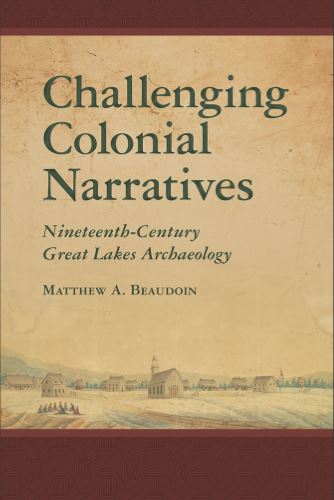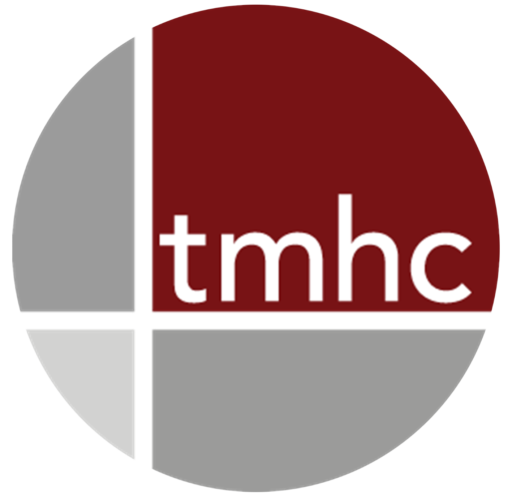
Challenging Colonial Narratives: Nineteenth Century Great Lakes Archaeology by Dr. Matthew A. Beaudoin
TMHC celebrates the upcoming release of our own Dr. Matt Beaudoin's first book Challenging Colonial Narratives: Nineteenth Century Great Lakes Archaeology based on his doctoral research and subsequent insights.
From the publisher:
Challenging Colonial Narratives demonstrates that the traditional colonial dichotomy may reflect an artifice of the colonial discourse rather than the lived reality of the past. Matthew A. Beaudoin makes a striking case that comparative research can unsettle many deeply held assumptions and offer a rapprochement of the conventional scholarly separation of colonial and historical archaeology.
To create a conceptual bridge between disparate dialogues, Beaudoin examines multi-generational, nineteenth-century Mohawk and settler sites in southern Ontario, Canada. He demonstrates that few obvious differences exist and calls for more nuanced interpretive frameworks. Using conventional categories, methodologies, and interpretative processes from Indigenous and settler archaeologies, Beaudoin encourages archaeologists and scholars to focus on the different or similar aspects among sites to better understand the nineteenth-century life of contemporaneous Indigenous and settler peoples.
Beaudoin posits that the archaeological record represents people’s navigation through the social and political constraints of their time. Their actions, he maintains, were undertaken within the understood present, the remembered past, and perceived future possibilities. Deconstructing existing paradigms in colonial and postcolonial theories, Matthew A. Beaudoin establishes a new, dynamic discourse on identity formation and politics within the power relations created by colonization that will be useful to archaeologists in the academy as well as in cultural resource management.
“Matthew A. Beaudoin deconstructs existing paradigms within colonial and postcolonial theory, establishing a new and dynamic discourse in identity formation and politics within the power relations created by colonized and colonizers. This book pushes postcolonial thinking in archaeology in socially and politically meaningful directions.” —Stephen A. Brighton, University of Maryland“Beaudoin makes a striking case that comparative research can unsettle many deeply held assumptions in historical archaeology, undermining the ‘enclaved discourses’ that deal with Indigenous and settler sites.”
—Kurt A. Jordan, Cornell University
